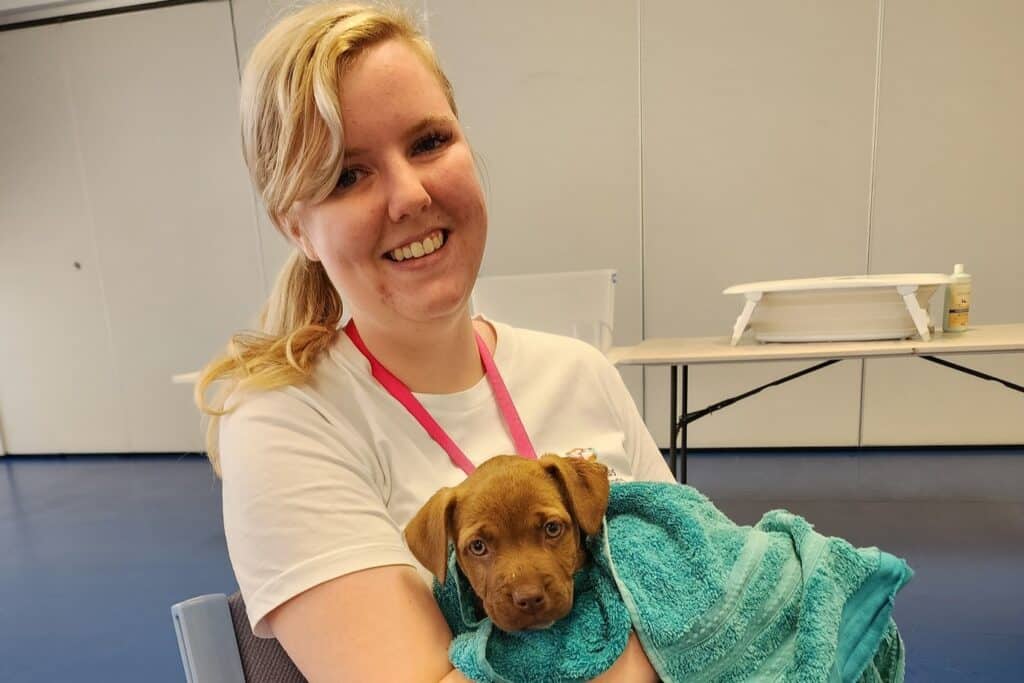“Get my Taylor Swift tickets on the fridge. I’m gonna go.”
These were the words Caitlin Kelly said to her mum immediately after waking up from a 10-day coma.
Still connected to machinery in the ICU, it seemed nothing was going to stop Caitlin from trying to continue on with her plans.
After suffering a stroke at only 22-years-old and having to be put into a medically induced coma, Caitlin had woken up the day of the Taylor Swift concert that she’d gotten tickets for.
While her health prevented her from eventually making it to the concert, it was this unwavering determination despite a challenge which proved to be definitive of the attitude that Caitlin would carry with her going forwards.
The road ahead for Caitlin was filled with rehab and therapy as well as a period of recovery around the time of Covid that she describes as exacerbating her feelings of isolation from friends.
“For me, I was still doing some rehab at home as well and when Covid happened, obviously I couldn’t even see home therapist anymore, so yeah just got kind of lonely,” she says, adding a that one silver lining to the situation was that she didn’t feel like she was missing out.
“That was kind of a good time to knuckle down and recover a bit in my own space.”
Following this period of isolation, Caitlin discovered a program that took her recovery to new heights– Happy Paws Happy Hearts (HPHH). The national organisation provides a safe space and community for vulnerable people to come together and share a mutual love of animals, while learning new skills and giving back in a meaningful way.
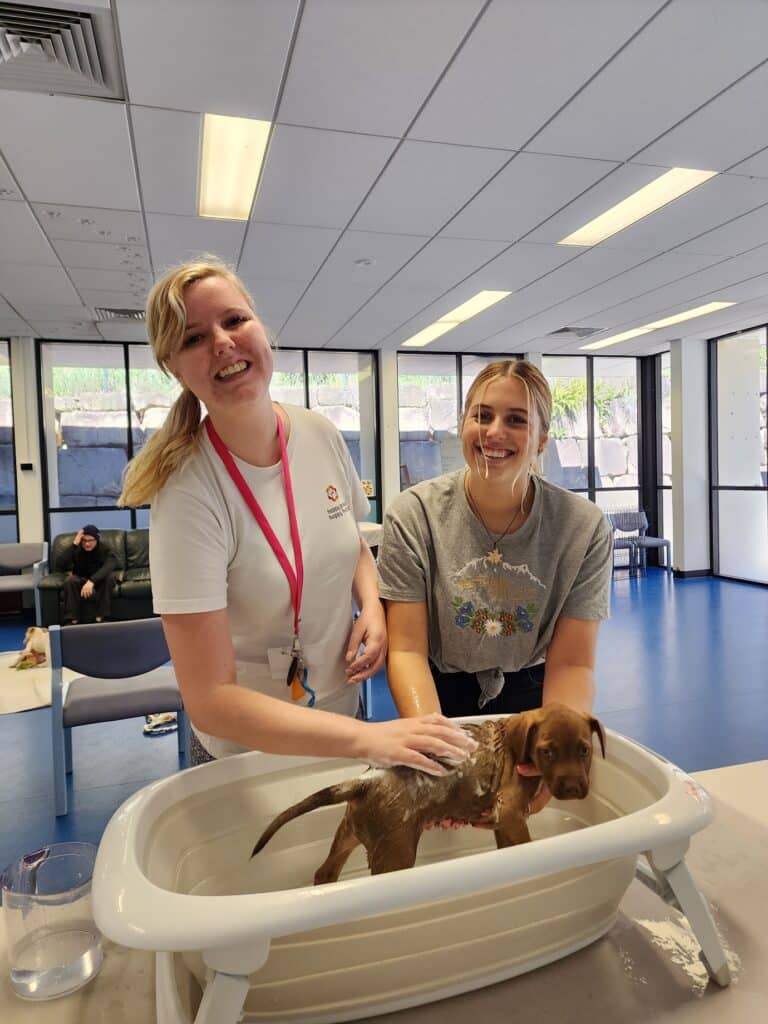
With the purpose of connecting socially isolated people with rescue animals, HPHH proved to be the inclusive community that the young stroke survivor needed.
“I think it’s had a really great effect in increasing my confidence and independence skills. It taught me how to rehabilitate myself within my own space.”
“The animal therapy really helped me to realise that I don’t have to be in a space where I’m judged because animals really don’t judge.”
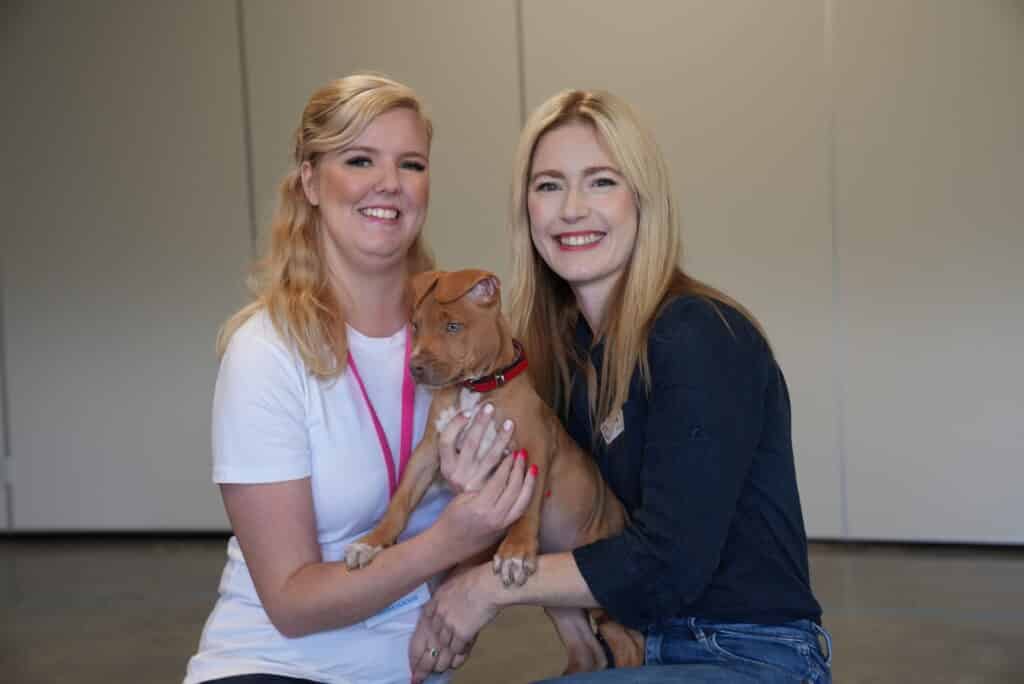
In Australia, 1.1 million people experience social isolation or exclusion. At RSPCA– one of the animal rescue shelters that HPHH partners with– there are over 124,000 animals waiting for adoption every year.
It was at RSPCA where Caitlin was able to gain new skills and learn how to look after animals with her new disabilities.
While the rehabilitation program looks after all sorts of animals– chickens, baby goats and even pigs– it was dogs that really struck Caitlin’s fancy, particularly the corgis.
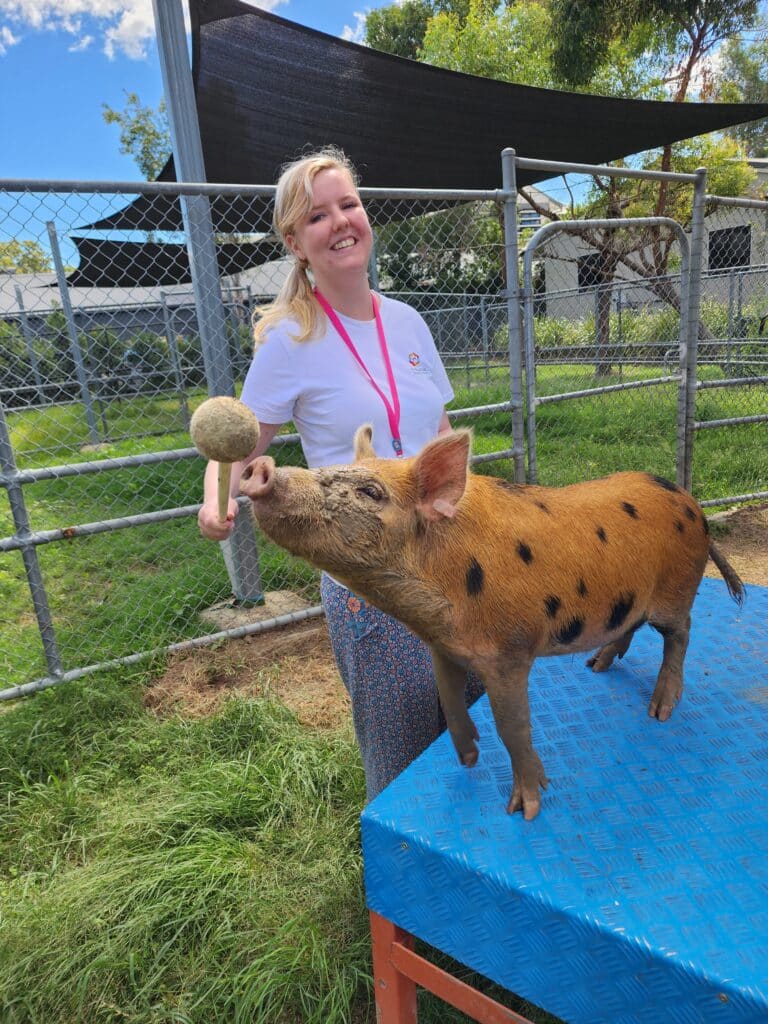
“It’s funny actually, my family jokes that I went into my coma as a cat person, and I came out as a dog person,” says Caitlin, who went from being a bit afraid of dogs to falling in love with them.
“I’m obsessed with corgis now,” she says.
“My very first meet-and-greet that happened was I met the trainer, Sam, and she was standing in the hallway and I could see just behind her was a corgi named Cheddar. So my very first moment of Happy Paws was getting to meet this corgi, and I thought, ‘I’m going to be really happy here’.”
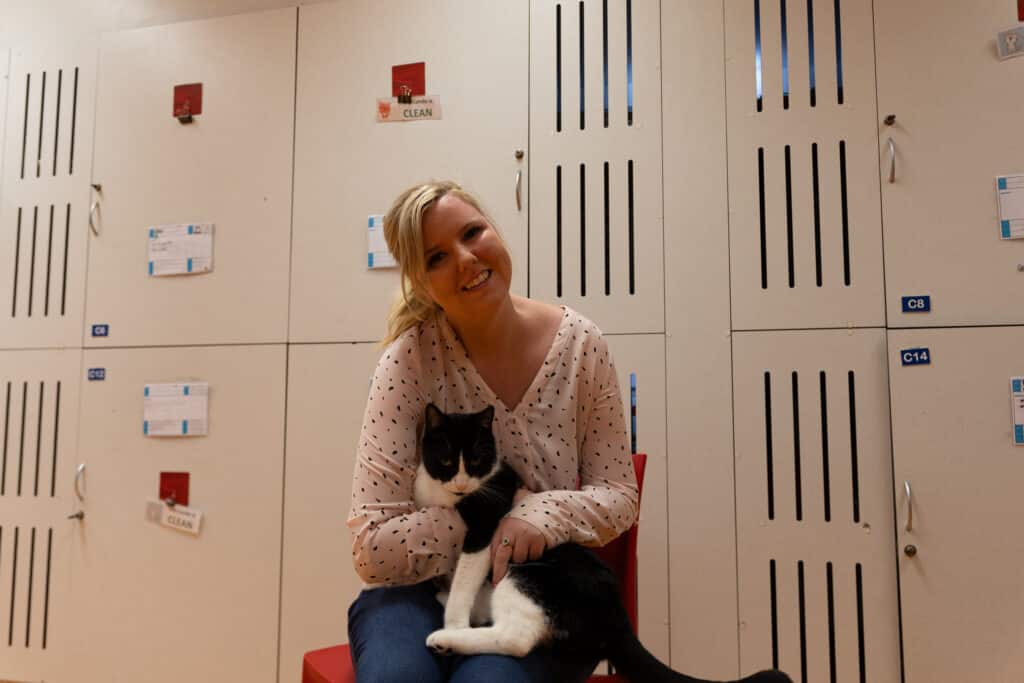
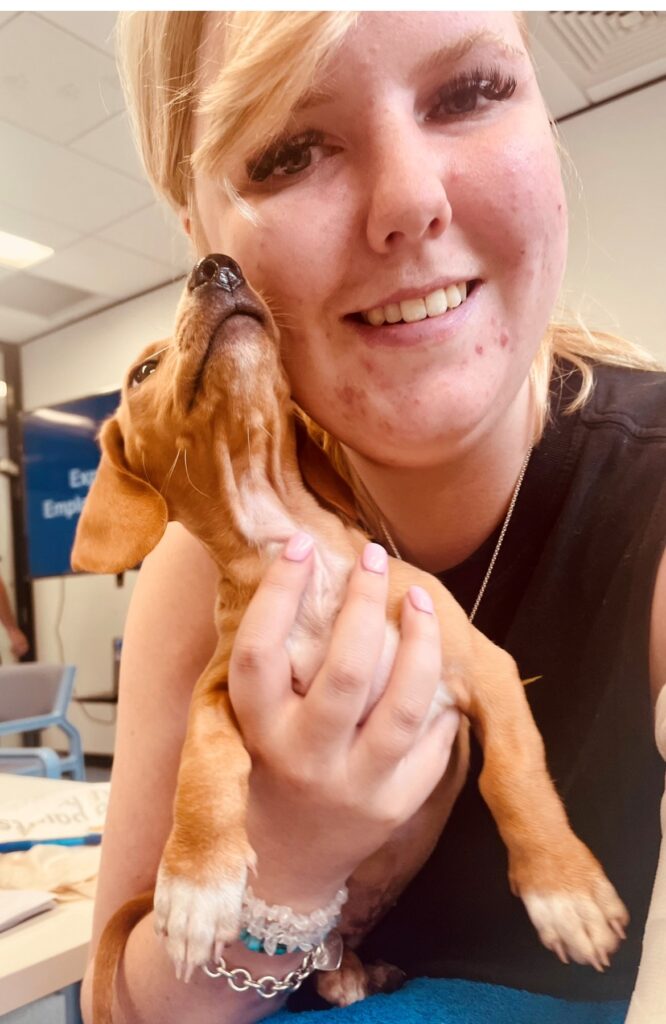
It’s taken many years of recovery for Caitlin to get to where she’s at today, and while it’s taken a lot of time and patience, she’s gathered some wisdom along the way to help other young people going through a similar situation.
“The advice I’d give to anyone else is to really find people to connect with that have been through something you’ve been through,” she says, noting that since not many people have strokes so young, it took her and her mum a bit of 3am googling in the ICU to find a couple people she could reach out to.
And for dealing with people who don’t understand her situation, Caitlin says it’s pretty common for others to judge someone’s differences “which is why Happy Paws (HPHH) can be so great, because everyone’s got a story and comes together and there’s no judgement”.
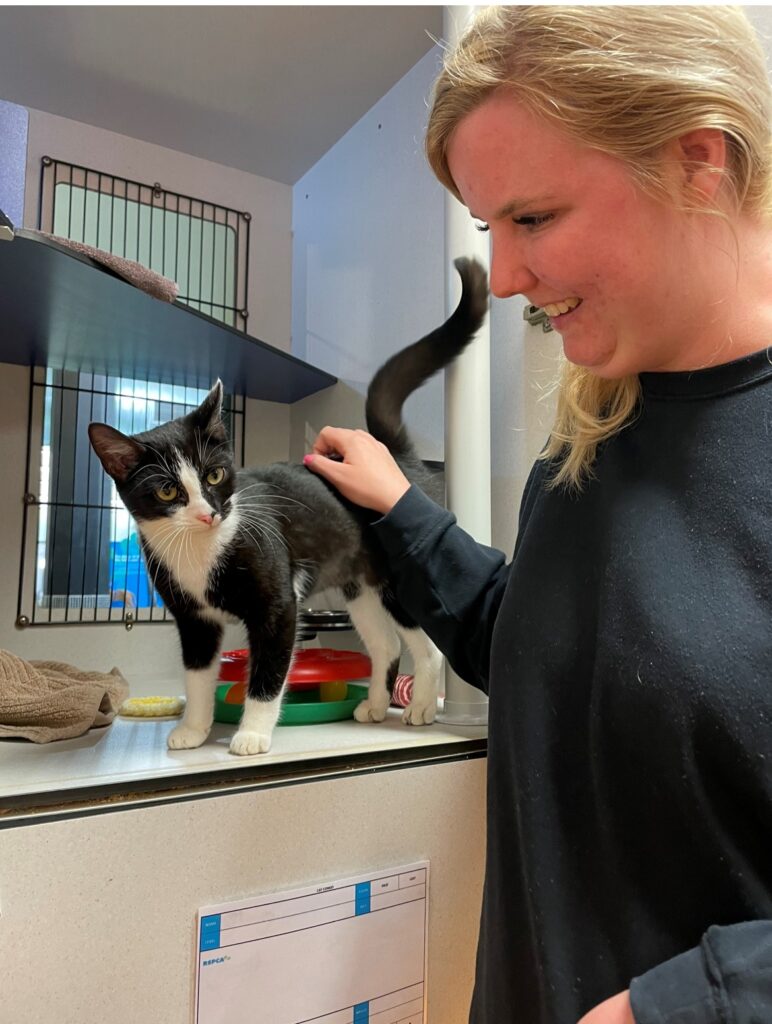
“It’s really nice to have a pause and know that no one’s going to ask me why I might be a bit different,” she says.
“For both animals and people– everyone sort of knows that we’ll just focus on what’s in front of us instead of what each other’s disabilities are.”

